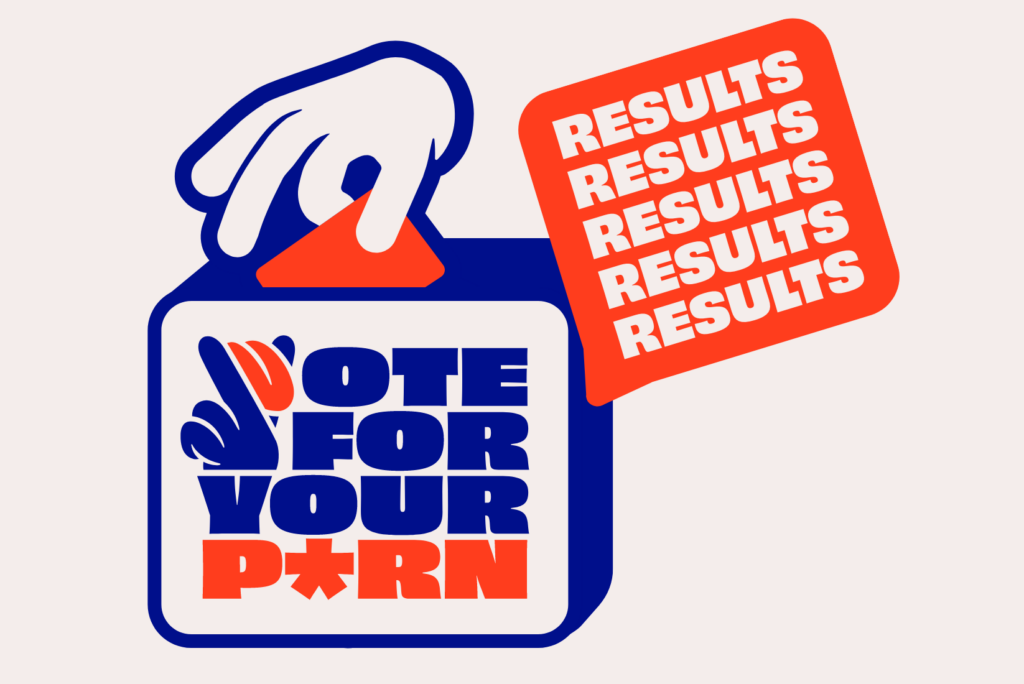What Are Sex Hormones?
Our hormones are part of the larger endocrine system, a complex network which uses hormones to regulate numerous biological processes throughout the body. Hormones are the body’s chemical messengers, providing an internal communication system between cells located throughout different parts of the body. Sex hormones, such as estrogen, progesterone and testosterone, play key roles. For people born with vaginas, the most prevalent sex hormones are estrogen and progesterone. For people born with penises, testosterone is the most prevalent.
Despite the common understanding, sex isn’t the only function in which these hormones have an important role. For example, estrogen also maintains bone density. Imbalances in these hormones can affect more than just libido; they impact overall health. For instance, for AFAB people, an excess of testosterone, can result in symptoms like acne, body hair, lack of menstrual cycle and polycystic ovary syndrome (PCOS).
Serotonin’s Role In Libido
Serotonin is a naturally produced chemical that influences nerve cells, brain function and sleep. It’s known as the “happy hormone” because serotonin can decrease symptoms of depression and anxiety. Natural serotonin boosts come from sunlight, exercise and a healthy diet, enhancing mood and sexual desire. Conversely, a good mood can help us more easily feel sexual desire.
Anti-depressant medications can boost our serotonin levels artificially. However, an increase in serotonin may lower other hormones and neurotransmitters, such as testosterone and dopamine. Because of this, serotonin-modulating antidepressants can come with negative side effects, such as low libido and sexual dysfunction.
Oxytocin and Sexual Motivation
Other Hormones in Libido
Balancing Your Hormones
Some of the most common causes of hormonal imbalance are stress, diet, lack of exercise and exposure to environmental toxins. Chronic stress prompts the body to convert sex hormones into cortisol, potentially leading to weight gain, infertility, and low libido.
When experiencing stress, our bodies enter fight-or-flight mode, activating the nervous system to prepare for danger. This has multiple cascading effects, such as the halting of non-essential functions, such as digestion and reproduction, the pumping of glucose into the bloodstream and the increased production of cortisol. Chronic stress causes certain sex hormones to be converted into increased amounts of cortisol. Chronic stress can lead to unwanted weight gain, infertility, digestive issues and low libido, among other issues. To manage stress, consider incorporating mindfulness practices such as meditation, journaling, breathwork or consulting with a stress coach.
Diet is crucial for hormonal balance since we need healthy bodies to metabolize and eliminate hormones we no longer need. Since “used” hormones leave the body as urine and stool, proper liver and kidney function is vital. A diet rich in natural fats and fibre supports hormone balance, with the Mediterranean diet considered particularly beneficial [3]. Opting for organic and minimally processed foods is also essential. Vegetables like broccoli, cauliflower and asparagus contribute to liver and kidney health.
Lastly, we must discuss environmental toxins. They are pervasive in daily life, present in food, cosmetics, products and air. These endocrine-disrupting chemicals can mimic natural hormones, influencing hormone production. Many packaging materials release toxins into food and water, and scented products, such as candles, perfumes and air fresheners, can introduce toxins through the lungs or skin. This is a significant factor in hormonal imbalance. To reduce toxin exposure, start by using organic cosmetics and consuming organic food. Gradually reduce toxin exposure, incorporating methods like exercising, sweating in the sauna, getting massages and dry brushing the skin to promote lymphatic circulation.
Balancing hormones requires a lifestyle change rather than a quick fix. Hormones mutually regulate each other, and imbalances can create a cascading effect. Holistic hormone health practitioners like myself can guide this journey and keep you on track. Achieving hormonal balance contributes not only to better health but likely to an improved sex life. So, is the effort worth it? You decide.
Sources
(1) https://pubmed.ncbi.nlm.nih.gov/3782434/
(2) https://www.ncbi.nlm.nih.gov/pmc/articles/PMC3183515
(3) https://www.webmd.com/diet/a-z/hormone-diet








